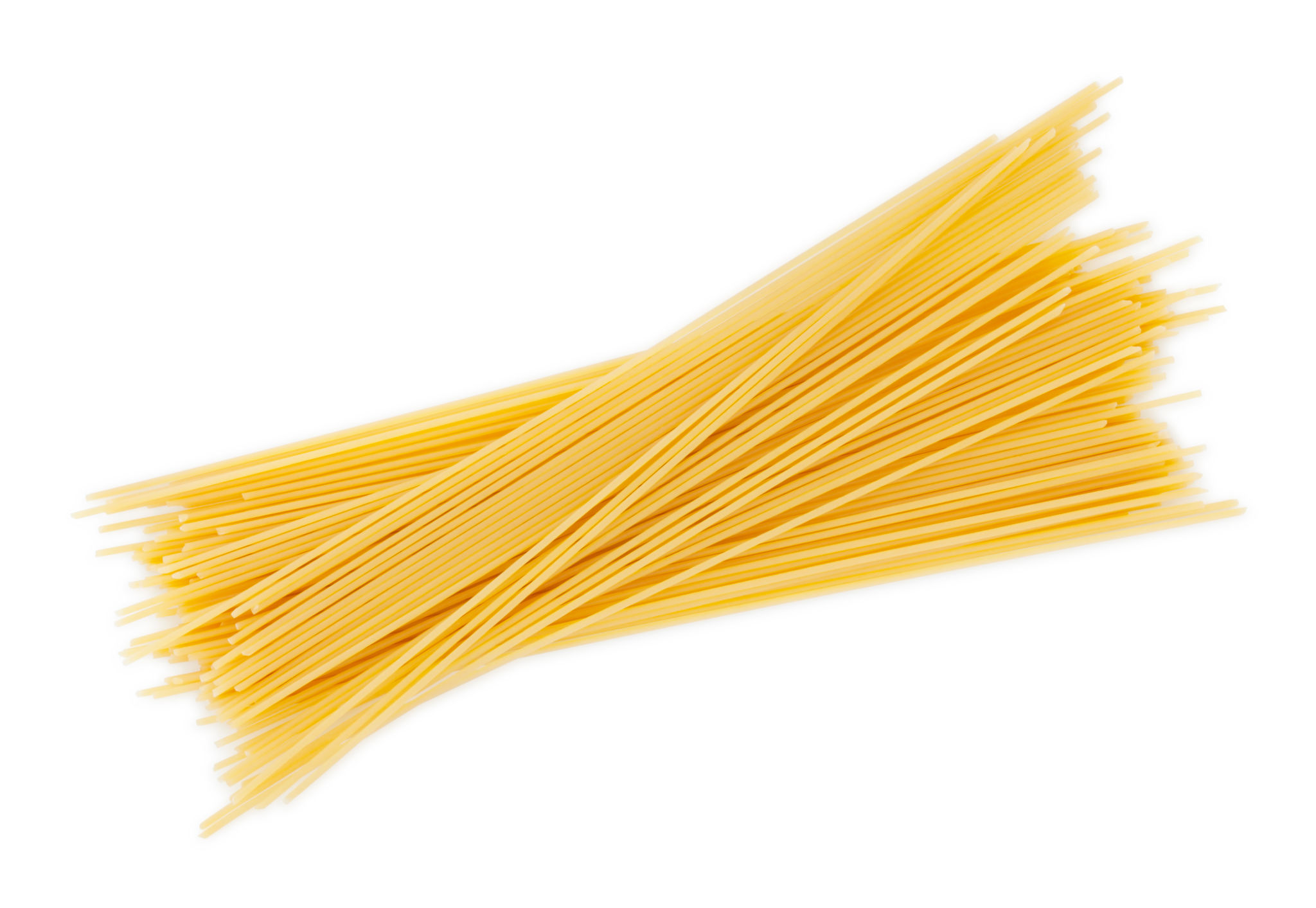Healthy Cooking Myths Debunked: What You Really Need to Know
Understanding Healthy Cooking Myths
In the quest for a healthier lifestyle, many people turn to cooking as a way to control what goes into their meals. However, the world of healthy cooking is rife with myths that can make it difficult to differentiate between fact and fiction. These myths can lead to misconceptions about what truly constitutes a healthy diet. In this post, we aim to debunk some of the most common healthy cooking myths, providing you with the knowledge you need to make informed decisions in the kitchen.

Myth 1: All Fats Are Bad
One of the most pervasive myths is that all fats are detrimental to health. This simply isn't true. While it's important to limit saturated and trans fats, healthy fats are essential for a balanced diet. Unsaturated fats, found in foods like avocados, nuts, and olive oil, can actually improve heart health and support brain function. Incorporating these healthy fats in moderation can enhance both the flavor and nutritional value of your meals.
Myth 2: Cooking Vegetables Destroys Nutrients
Another common misconception is that cooking vegetables leads to significant nutrient loss. While it's true that some nutrients can be diminished by heat, cooking can also enhance the bioavailability of other nutrients. For example, cooking tomatoes increases the availability of lycopene, an antioxidant linked to numerous health benefits. The key is to use methods like steaming or roasting, which preserve most of the nutrients while enhancing flavors.

Debunking Protein Myths
Myth 3: You Need Meat for Protein
Many people believe that meat is the only source of protein, but this is far from the truth. There are numerous plant-based sources of protein that can provide all the essential amino acids your body needs. Foods like beans, lentils, quinoa, and tofu are excellent protein-rich options that can be incorporated into a variety of dishes. A diverse diet ensures you get a complete range of nutrients while exploring exciting new flavors.
Myth 4: Raw Food Diets Are Superior
The popularity of raw food diets has led some to believe they are inherently healthier than cooked diets. While raw foods do offer high levels of certain nutrients, they aren't necessarily better in all cases. Cooking can kill harmful bacteria and enhance the digestibility of some foods. A balanced diet should include both raw and cooked foods to maximize nutrient intake and ensure food safety.

Exploring Flavor Enhancements
Myth 5: Salt and Sugar Must Be Eliminated Completely
While reducing salt and sugar intake is beneficial for many people, complete elimination isn't necessary or realistic for most diets. Instead, focus on moderation and choose natural alternatives when possible. Herbs and spices can often replace the need for excessive salt, while fruits such as dates or applesauce can add sweetness without refined sugars. Experimenting with these alternatives can lead to delicious and healthy meals without sacrificing taste.
Myth 6: Organic Means Healthier
The term "organic" often leads consumers to believe these products are inherently healthier. However, organic foods are not necessarily more nutritious than their conventional counterparts; they are simply produced without synthetic pesticides or fertilizers. While choosing organic can be part of a healthy lifestyle, it's more important to focus on a balanced diet rich in fruits, vegetables, whole grains, and lean proteins.

Understanding these myths allows you to make better choices in your culinary adventures. By recognizing the truths behind these misconceptions, you can create meals that are both nutritious and enjoyable. Remember, a healthy diet is not about strict limitations but about balance and variety.